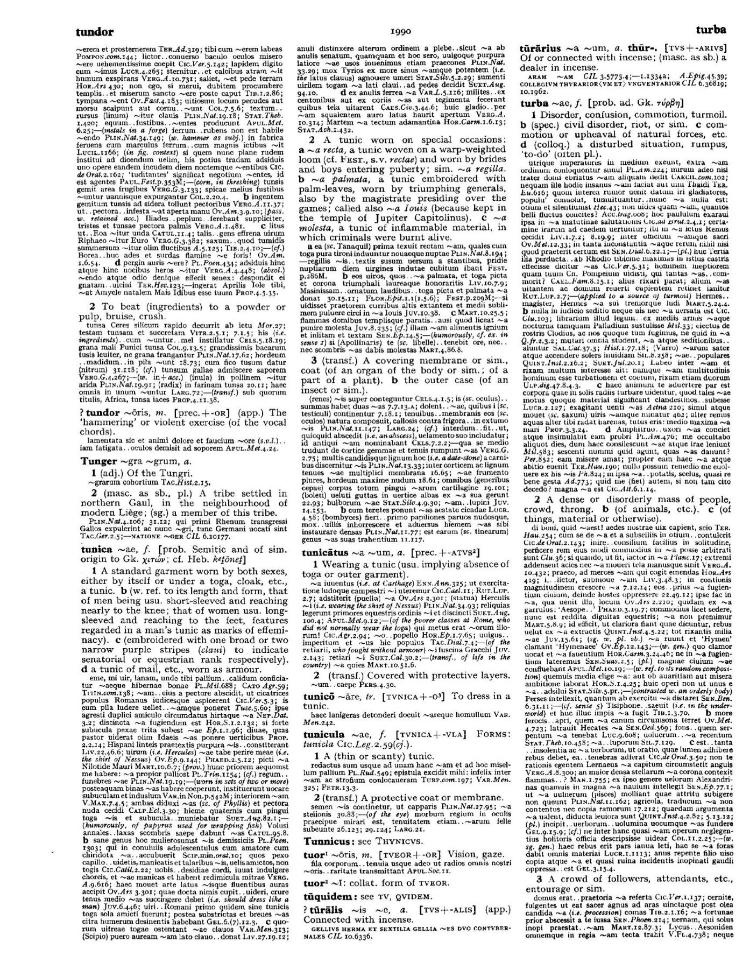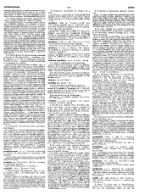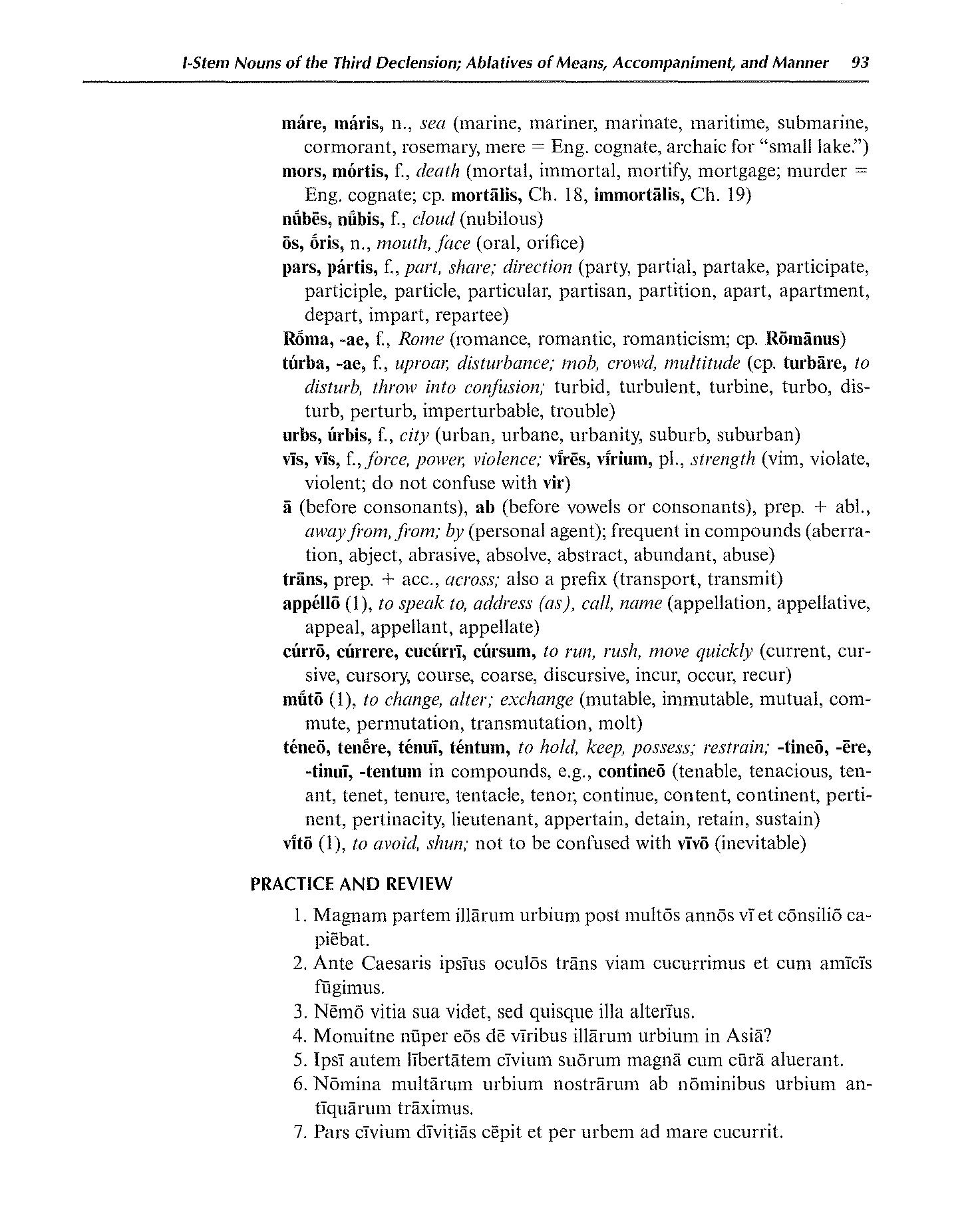
page_listing.tpl
page_subListingDetails.tpl
sub_listingDetails_style1.tpl
sub_listingDetails.title.tpl
turba disturbance
turba is a Latin Noun that primarily means disturbance.
Definitions for turba
Wheelock's Latin
Noun
- 1
uproar, disturbance, mob, crowd, multitude
English derivatives:
to disturb throw into confusion turbid turbulent turbine turbo disturb perturb imperturbable trouble
Oxford Latin Dictionary
Noun
- 1
Disorder, confusion, commotion,turmoil. (b) (spec.) civil disorder, riot, or sim. (c) commotion or upheaval of natural forces, etc. (d) (colloq.) a disturbed situation, rumpus, 'to-do' (often pl.).
- 2
A dense or disorderly mass of people, crowd, throng. (b) (of animals, etc.). (c) (of things, material of otherwise).
- 3
A crowd of followers, attendants, etc., entourage or sim.
Sentences with turba
Latin to English
Illī maior turba clientium est.Compare That man has a greater throng of retainers.
Extremus elephantorum dies fuit. In quo admiratio magna vulgi atquae turbae, delectatio nulla exstitit; quin etiam misericordia quaedam consecuta est atque opinio eius modi, esse quamdam illi beluae cum gener humano societatem.Compare The last day was devoted to the elephants. The vulgar populace was enthusiastic, but there was no pleasure in it; indeed, the show provoked some sort of compassion, a feeling that there is some kinship between this great beast and humankind.
Levo quam primum regio suus tantus homo urgens turba cupio.Compare They were desirous that their own land be relieved as soon as possible from the pressure of so great a crowd of men.
Iam ne nox quidem turba ex is locus dilabor refringoque carcer minor.Compare And now the crowd did not separate from that spot even at night, and (they) threatened that they would break open the prison.
Declension table for turba
Cactus2000
| Singular | Plural | |
| Nom. | turba | turbae |
| Gen. | turbae | turbārum |
| Dat. | turbae | turbīs |
| Acc. | turbam | turbās |
| Abl. | turbā | turbīs |
Data sources
Notes
- Definitions
- Frederick M. Wheelock, Wheelock's Latin, 6th ed., rev. Richard A. LaFleur (New York, NY: HarperCollins Publishers, 2005): 93.
- P. G. W. Glare, Oxford Latin Dictionary, Vols. 1-8 (Oxford: Clarendon Press, 1982): 1990.
- Word frequencies
- Christopher Francese, "Latin Core Vocabulary," Dickinson College Commentaries, last modified 2014, http://dcc.dickinson.edu.
- Paul B. Diederich, The Frequency of Latin Words and Their Endings, PhD diss., (Columbia University, 1939).
- Louis Delatte, Suzanne Govaerts, Joseph Denooz, and Etienne Evrard, Dictionnaire fréquentiel et index inverse de la langue latine [Frequency Dictionary and Inverse Index of the Latin Language] (Liège, Belgium: Laboratoire d'analyse statistique des langues anciennes de l'Université de Liège [L.A.S.L.A.], 1981): 122.
Bibliography
Allen, Joseph H. Allen and Greenough's New Latin Grammar for Schools and Colleges: Founded on Comparative Grammar. Edited by James B. Greenough, George L. Kittredge, Albert A. Howard, and Benjamin L. D'Ooge. Boston, MA: Ginn & Company, 1903.
Crystal, David. A Dictionary of Linguistics and Phonetics. 6th ed. Oxford, UK: Blackwell Publishing, 2008.
Delatte, Louis, Suzanne Govaerts, Joseph Denooz, and Etienne Evrard. Dictionnaire fréquentiel et index inverse de la langue latine [Frequency Dictionary and Inverse Index of the Latin Language]. Liège, Belgium: Laboratoire d'analyse statistique des langues anciennes de l'Université de Liège (L.A.S.L.A.), 1981.
Diederich, Paul B. The Frequency of Latin Words and Their Endings. PhD diss., Columbia University, 1939.
Francese, Christopher. "Latin Core Vocabulary." Dickinson College Commentaries. Last modified 2014. http://dcc.dickinson.edu/latin-vocabulary-list.
Gildersleeve, Basil L., and Gonzales Lodge. Gildersleeve's Latin Grammar: Third Edition, Revised, and Enlarged. 3rd ed. London, England: Macmillan and Co., 1903.
Glare, Peter G.W. Oxford Latin Dictionary. Vols. 1-8. Oxford, England: Clarendon Press, 1982.
Krüger, Bernd. "Latin Conjugation Tables." Cactus2000. Accessed May 5, 2023. https://latin.cactus2000.de/index.en.php.
Pierson, Nick. "Sound of Text." Accessed October 26, 2019. https://soundoftext.com.
Wheelock, Frederick M. Wheelock's Latin. 6th ed. Revised by Richard A. LaFleur. New York, NY: HarperCollins Publishers, 2005.
Wiktionary Contributors. "Victionarium." Wikimedia Foundation, Inc. Updated March 18, 2019. https://la.wiktionary.org/wiki/Victionarium:Pagina_prima.
Citation
Chicago (17th ed.)
Allo Contributors. "turba, turbae (n.) - Latin Word Definition." Allo Latin Dictionary. Last modified . Accessed January 30, 2026. http://ancientlanguages.org/latin/dictionary/turba-turbae.
Entry created on . Last updated on .








